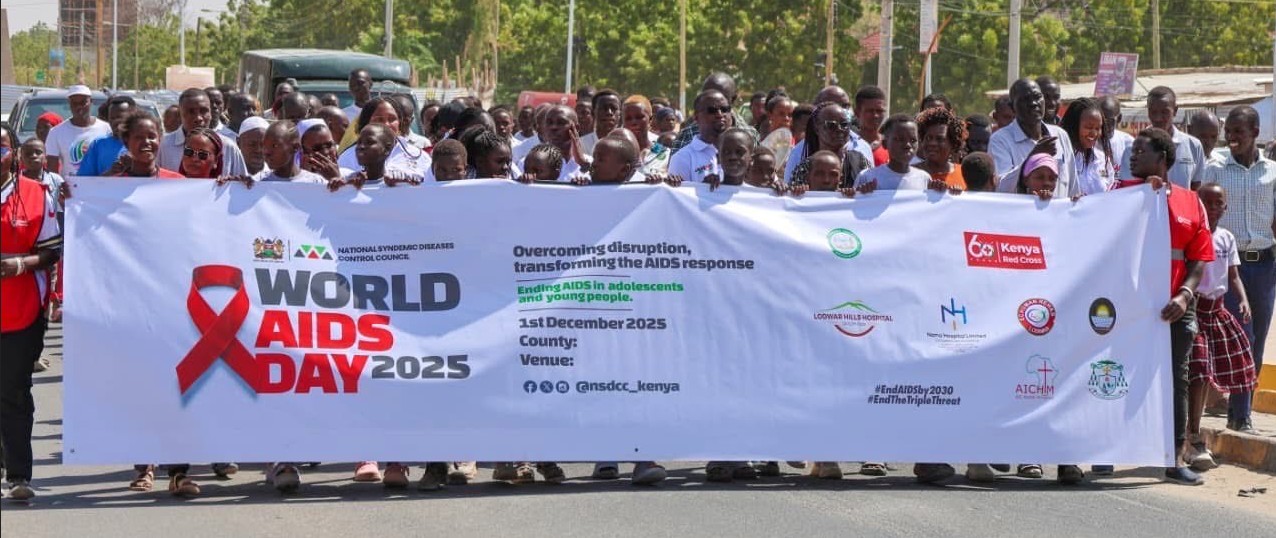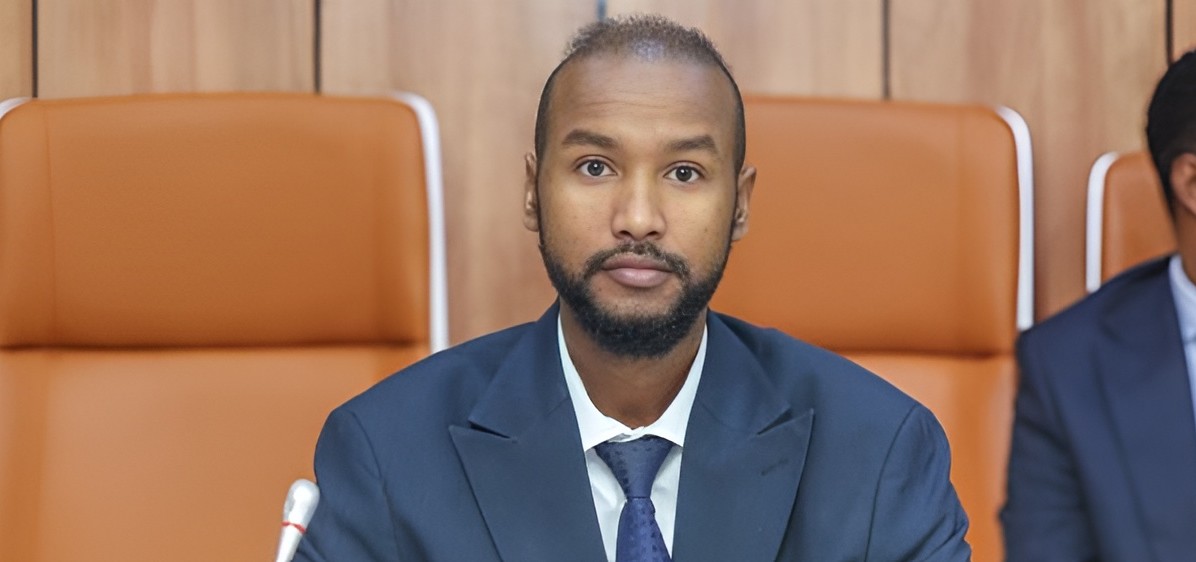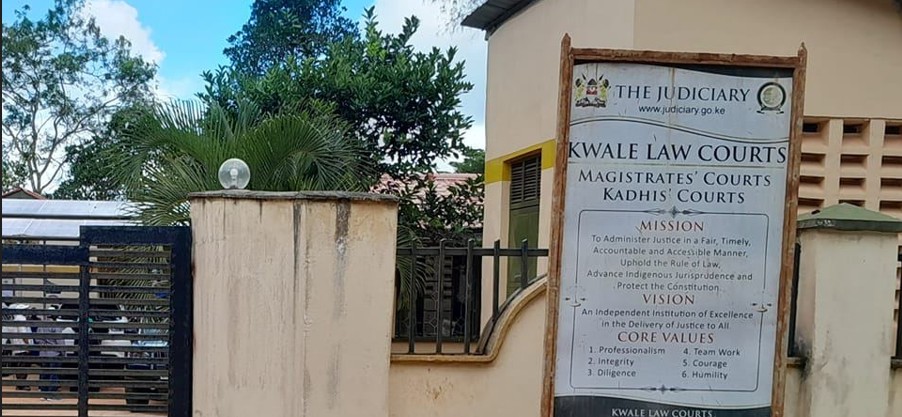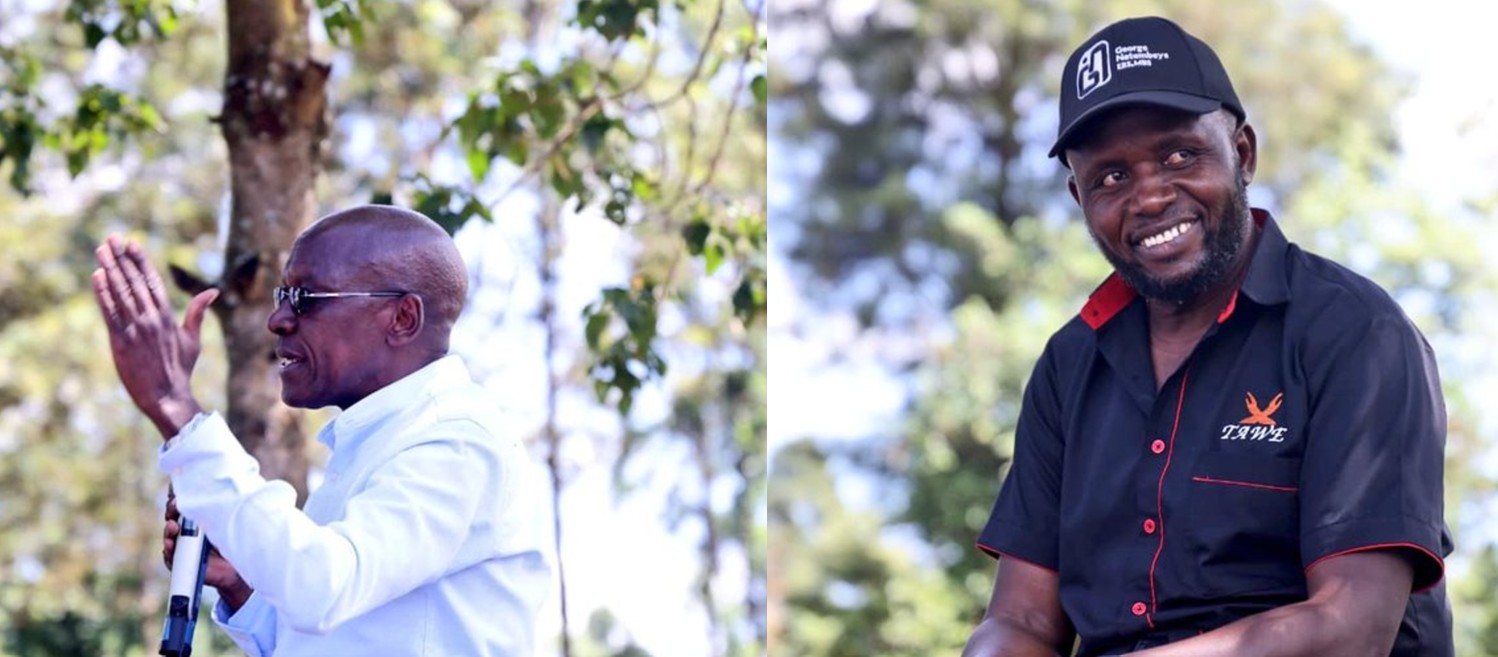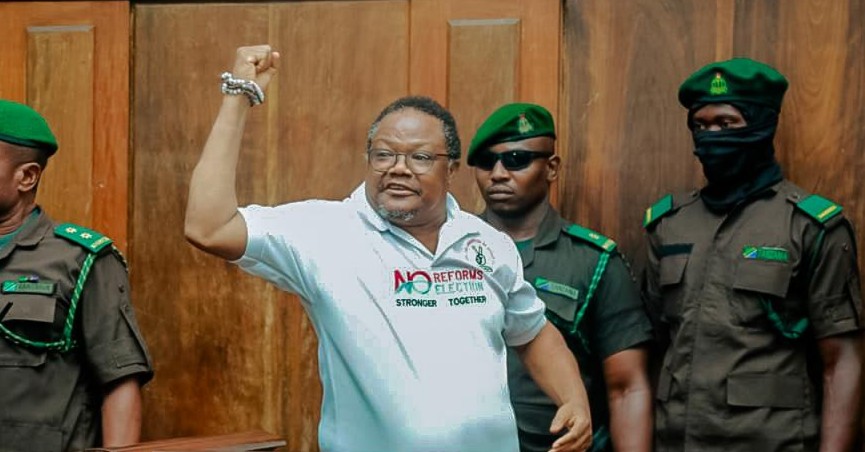Staffing shortage at National Cancer Institute puts strain on treatment services
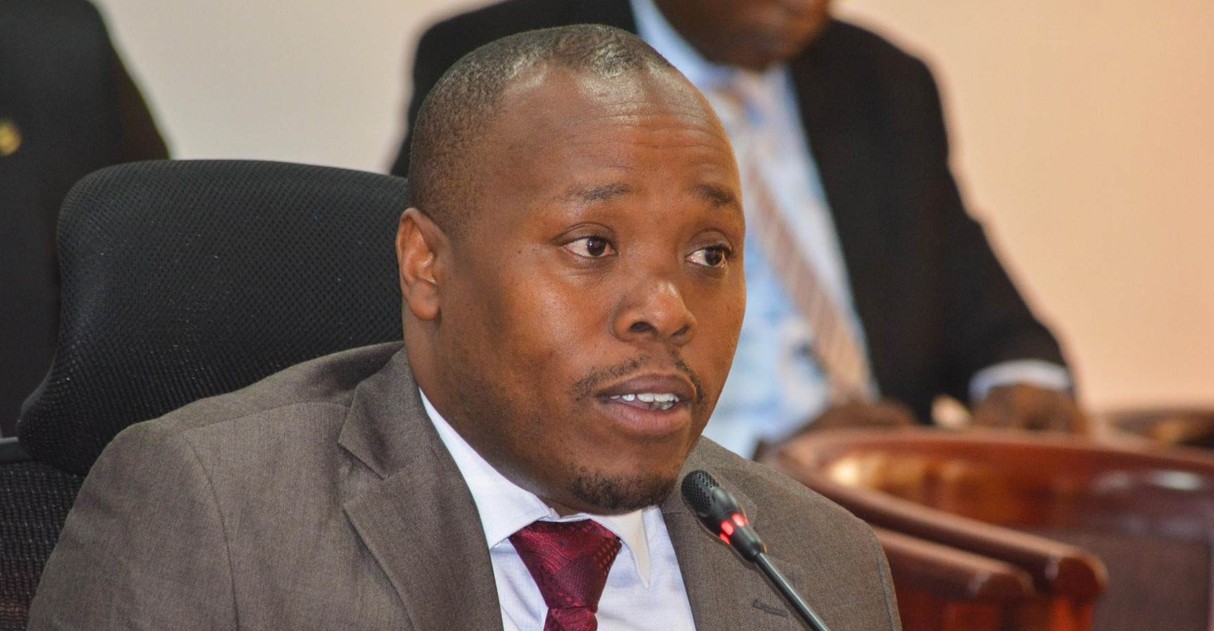
This shortage could cripple the institute's ability to offer timely treatment and support to cancer patients, many of whom depend on its services for their survival.
A staffing crisis at the National Cancer Institute of Kenya (NCI-K) has cast a shadow over the country’s battle against cancer, with over 200 critical positions remaining vacant.
The National Assembly’s Public Investments Committee on Social Services, Administration and Agriculture on Tuesday raised concerns over the institute’s ability to fulfil its mission of fighting cancer, as a staggering 214 positions remain unfilled, leaving a severe gap in the workforce required to run essential services.
More To Read
- Ruto announces increase in cancer treatment cover to Sh800,000 under SHA from December 1, 2025
- Study shows women under 50 face higher risk of colon growths from ultra-processed foods
- Study reveals why colorectal cancer resists immunotherapy
- Over 100 facilities accredited by SHA to provide cancer care after protests
- Kenya wins bid to host 2027 World Cancer Leaders’ Summit
- Lancet study confirms mesothelioma risk from asbestos exposure
This shortage could cripple the institute's ability to offer timely treatment and support to cancer patients, many of whom depend on its services for their survival.
The shocking revelation came to light during a meeting between the committee and the institute’s chief executive officer, Elias Melly.
The discussion was prompted by an Auditor General’s report which revealed that, despite having an approved establishment of 247 positions, only 33 of those had been filled by June 2024.
The National Assembly committee, led by Navakholo MP Emmanuel Wangwe, observed that such an inadequate workforce could undermine the institute’s mission to combat cancer in the country.
"In the circumstances, the inadequate staffing levels may have affected the effectiveness of achieving the institute's principal activities," the report stated.
Budgetary constraints
Responding to the issue, Melly confirmed the staffing shortfall, blaming financial limitations from the National Treasury.
"We agree with the auditor’s observation," Melly acknowledged.
"The institute carried out the first phase of recruitment in June 2024. However, due to budgetary constraints in the allocation of personnel emoluments by the National Treasury, we were unable to recruit adequate staff,” he added.
Further compounding the issue, the CEO said the institute was seeking an exemption for the second phase of recruitment but emphasised that austerity measures were limiting the available resources.
"We are working with the board to progressively build the organisation's staffing capacity within the existing financial and administrative constraints," Melly said.
In addition to the staffing crisis, the committee also raised concerns over the composition of the institute’s board, noting that it exceeded the recommended size of seven to nine members.
The committee advised the institute to seek guidance from the Ministry of Health to bring the board structure in line with governance standards.
MP Wangwe acknowledged the institute’s importance in the fight against cancer.
“You are a very, very vital institute, and that’s why I want to acknowledge you. It will be heavy on all of us. Cancer is a very terrible animal—more terrible than corruption,” he remarked.
Top Stories Today
